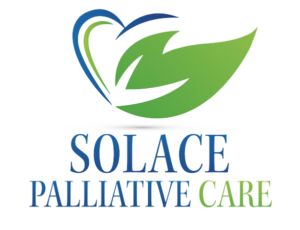
If you have a relative with Alzheimer’s or one of many other dementia conditions, it’s natural to wonder about your own risk.
While there is no cure as yet, there is increasing evidence that lifestyle changes in middle age may do a lot to delay the onset of memory loss. The plaques and tangles of Alzheimer’s, for instance, appear to start accumulating in the brain decades before symptoms show up. That can be scary!
There is plenty that you can do. One of the foremost findings of prevention research is that heart health and brain health are strongly related.
- Get physical. Brain cells need lots of oxygen to fire properly. This is probably why 20% of the blood pumped by the heart goes to the brain. Aerobic exercise keeps the blood circulating well. This supports overall brain function and reduces high blood pressure and the chance of stroke or vascular dementia.
- Guard your sleep. Evidence is mounting that sleep is essential to brain health. It’s when our brains do important cleanup, getting rid of the daily buildup of sludge. While it’s tempting to squeeze more hours out of the day, your brain needs you to sleep!
- Take depression seriously. Mental health also affects brain health. Depression is very common in middle age, and it’s treatable. If you find yourself feeling blue and apathetic, talk with your doctor.
- Learn new things. “Use it or lose it” applies to our brains and thinking capacity too. Continue to learn new skills, especially in social settings. Taking classes seems to delay the onset of memory and thinking problems. Challenge yourself!
It looks like it’s never too early to start your own risk reduction program. And it’s also never too late. The benefits accrue no matter when you start, but get going now for the best advantage.

